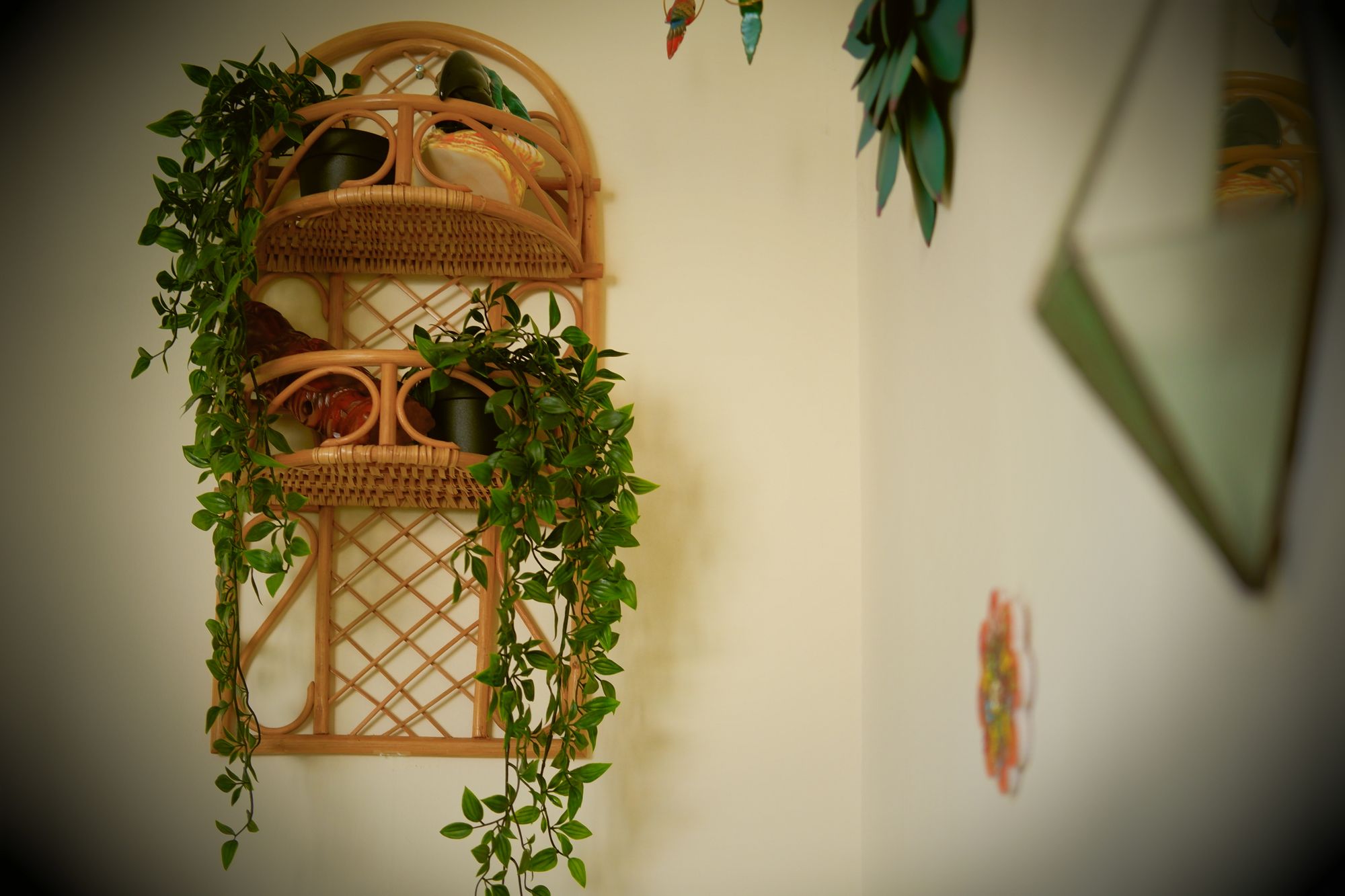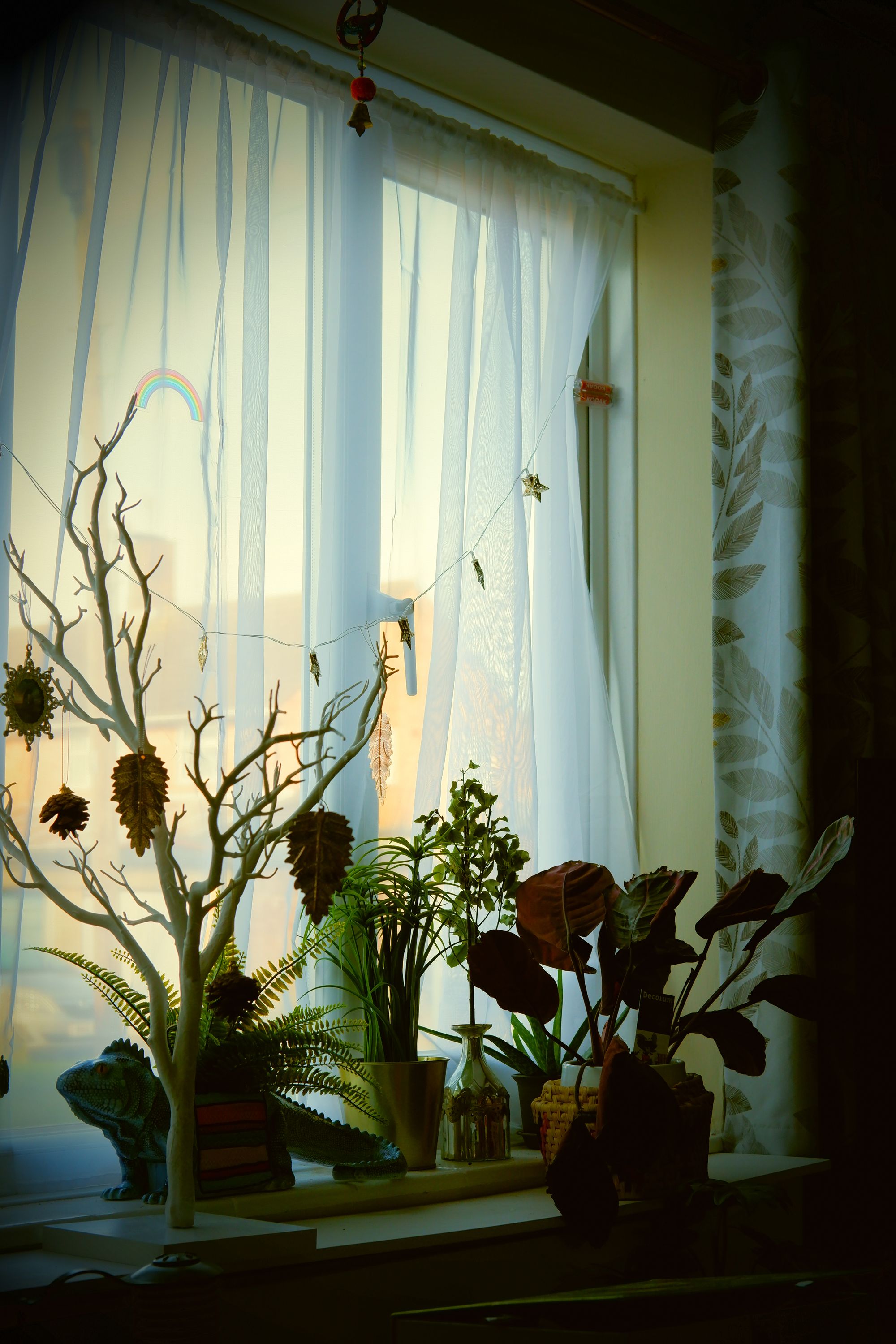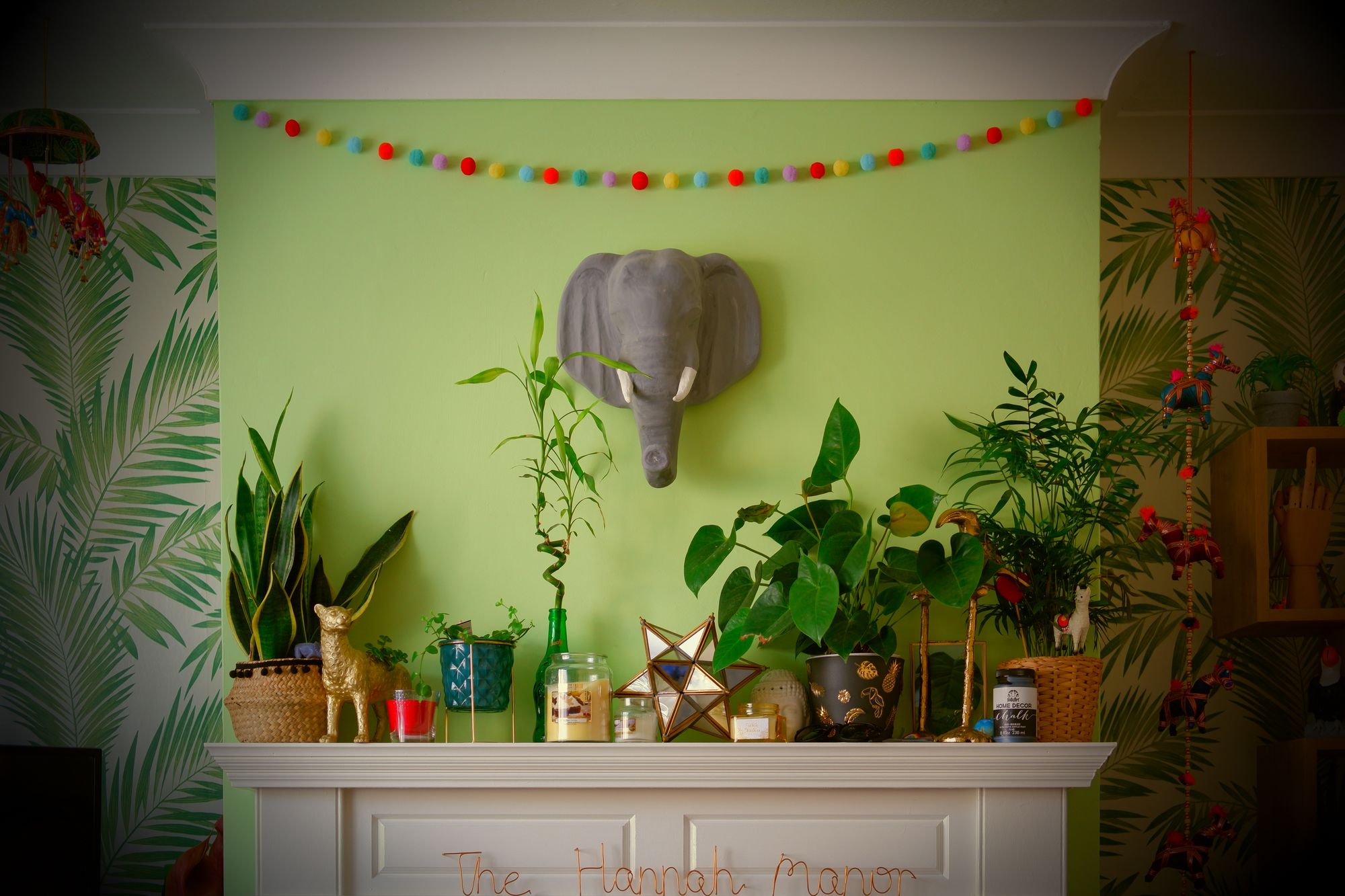Pokémon Presents: Three New Pokémon Games!
With the big #Pokémon25 event happening very soon on Pokémon Day, there was a Pokemon Presents event in which unveiled three new games.
There's a new Pokémon Snap game, which focusses on a new region, the Lental region. I just say, it looks really nice, and I'm sure will be a great game to relax with.
Then there are two games focussed on the Sinnoh region that we experienced in Diamond and Pearl.
The first being a remake of both version, taking it from the DS and bringing it to the Nintendo Switch. These are Brilliant Diamond and Shining Pearl, and they're being released later this year.
And the last game is based in the Sinnoh region, but not the one we all know. This one goes back in time to the beginnings of Sinnoh, back when the Pokémon roamed free, and it was just a simple village. So instead of completing a Pokédex, your job will actually be to go out and create the first version of the Pokédex.
The gameplay sounds really interesting, as apparently, you'll need to catch, survey, and wild Pokémon. The way Poké Balls work seems to be a bit different as well:
To catch Pokémon in the Pokémon Legends: Arceus game, you can observe them to learn their behavior, then carefully sneak up, aim your Poké Ball™, and let fly!
You can also have your ally Pokémon battle wild Pokémon that you hope to catch. Just throw the Poké Ball holding your ally Pokémon near a wild Pokémon, and you’ll seamlessly enter battle and command your Pokémon by choosing from moves it knows.
That game is called Pokemon Legends: Arceus, and it's the one I'm most looking forward too, mainly because of the change of perspective.
Unfortunately, we'll have to wait until early 2022 for that, but we'll have Brilliant Diamond and Shining Pearl to play before then.









